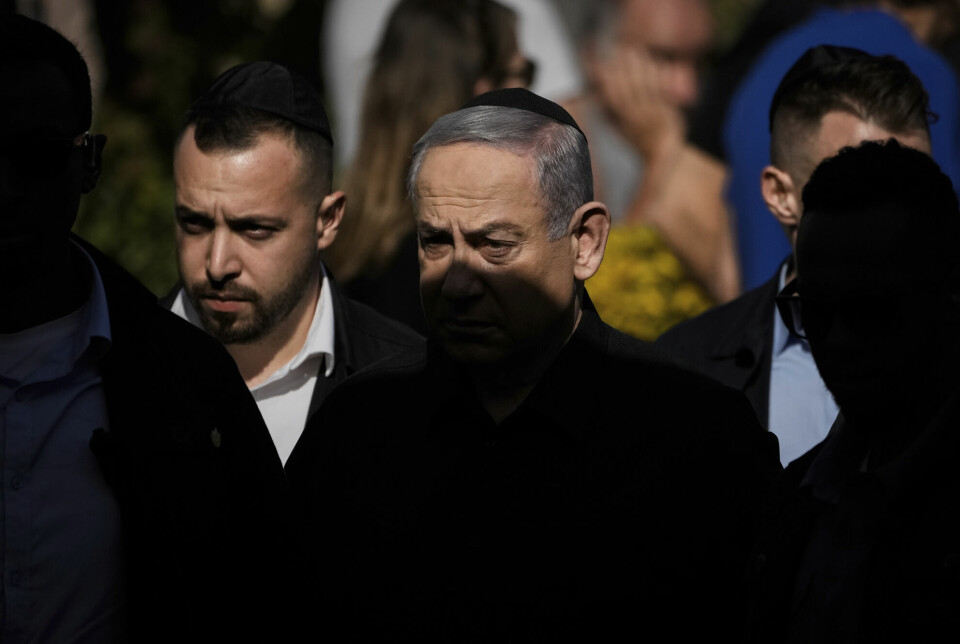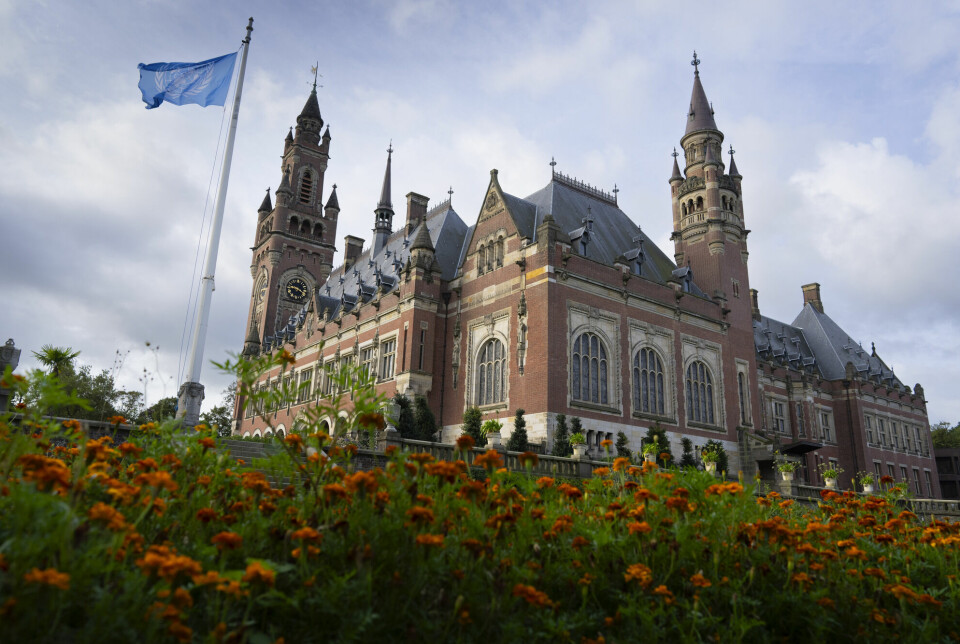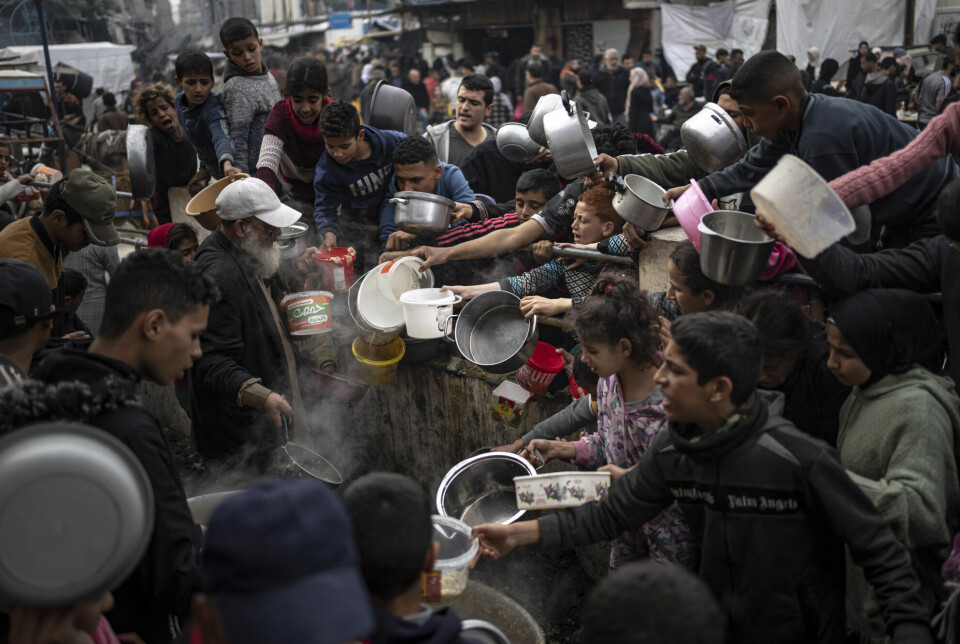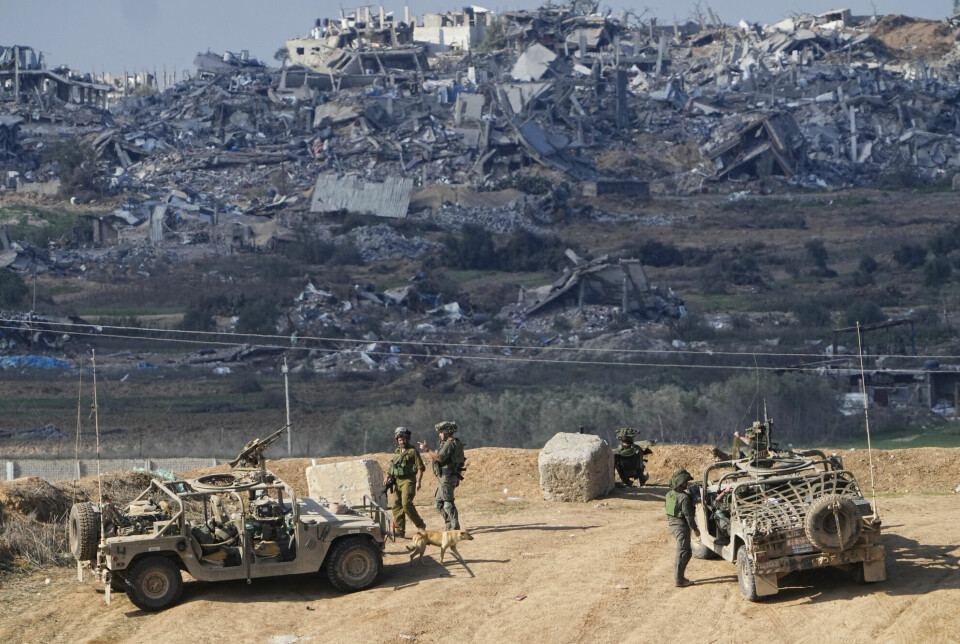
Professor: The UN International Court of Justice may soon demand Israel to halt military operations
South Africa has brought Israel before the UN Court with accusations of genocide. The proceedings might be prolonged – but Israel could face immediate pressure.
South Africa has requested provisional measures, specifically asking the UN International Court of Justice (ICJ) to demand Israel to immediately halt its military operations until the case has been dealt with by the court.
It is something the court must decide on immediately, and a hearing and decision on it could come within weeks, according to Professor Terje Einarsen, head of ICJ Norway.
“It will be a binding decision,” Einarsen tells the Norwegian News Agency (NTB).
The court has no means to enforce the decision. But Einarsen believes it could put pressure on other countries that value the rule of law, and thereby also on Israel.
ICJ has made similar temporary injunctions against Myanmar, which has complied with them to some extent, and Russia, which has not.
“Regarding Russia, which did not comply with the ICJ, they are currently somewhat isolated from the international law community. They engage in acts of aggression and don't care about it. They’re not dependent on support from Western countries,” Einarsen says.

Interesting to see what the EU will do
“It’s a bit different when it comes to Israel. There are some countries that just can’t ignore what the ICJ decides,” Einarsen says.
All UN countries must follow decisions in the ICJ. That the UN Security Council will impose sanctions against Israel for breaking a temporary injunction is unrealistic as long as the USA supports Israel and has veto power.
Einarsen notes that it will be interesting to see what the EU’s response will be.
“It’s contradictory to endorse our existing international law and acknowledge ICJ decisions as binding, while simultaneously disregarding them,” the professor says.
Difficult to get a conviction for genocide
Einarsen estimates that the actual legal process against Israel could take two to three years. It has historically been difficult to get convictions for genocide. The evidence requirements are high.
He explains that two elements must be present: There must have been actions classified as genocide, such as extermination and mass murder, and it must be proven that there was an intention to completely or partially destroy a group of people.
Regarding a case against a state, there needs to be evidence showing that individuals in high-level positions had intent. Alternatively, it could become a case of failing to prevent genocide.
“The crux of the matter is whether there is sufficient evidence of intent for genocide,” he says.

Clear evidence?
There is a discussion in the academic community about whether there must be a very clear oral or written statement proving such intent. Or whether it is sufficient to prove that actions have occurred that cannot be explained in any other reasonable way than that there has been such intent.
Most viewed
“It has proven difficult in the various tribunals that have investigated and prosecuted genocide to fully meet the high evidence requirements,” Einarsen says.
He draws parallels back to the Nuremberg Trials, where Nazi leaders were convicted of crimes against humanity but not for genocide. That was because genocide was not included as part of the court’s legal basis due to the stringent evidence requirements.
Code language
Einarsen also refers to Yugoslavia, where leaders used coded language to hide their genocidal intent.
Statements from Israeli leaders will be used as evidence in the case.
“In this case, there are a number of statements from Israeli leaders that are relevant in the assessment of evidence,” Einarsen says.
However, he adds that these statements are open to interpretation. They might be intended for a domestic audience, for example. The professor emphasises that interpreting even seemingly hateful remarks involves considerable nuance.
The important thing then is to put the statements in context and link them to actual actions classified as genocide.

Myanmar statement could be used
The case against Myanmar could also be important. It was Gambia that filed the case against Myanmar, the first third party to do so in the history of the ICJ.
In working on that case, several Western countries intervened and made statements that are principled discussions of evidence requirements for genocide and other matters. Those statements could be used in this case.
Einarsen says it is particularly interesting since the same countries might not have made such statements if the case were against Israel.
“Several countries can intervene in this case too,” Einarsen says.
Israel rejects the case
Israel has so far strongly rejected South Africa's case. The country is obligated to cooperate with the ICJ, but there are different ways to cooperate, and they may try to obstruct the case.
“It’s hard to say how it will affect the case if they refuse to cooperate at all, as there is an obligation to do so as a member of the UN,” Einarsen says.
Einarsen and ICJ Norway have themselves reported three Israeli military leaders for crimes against humanity in Gaza. That case is now being handled by Norwegian police. It’s a different approach from what South Africa has now initiated.
In this case, the Norwegian lawyers have deliberately chosen not to use the term genocide due to the evidence requirement.
———
Translated by Alette Bjordal Gjellesvik
Read the Norwegian version of this article on forskning.no




































